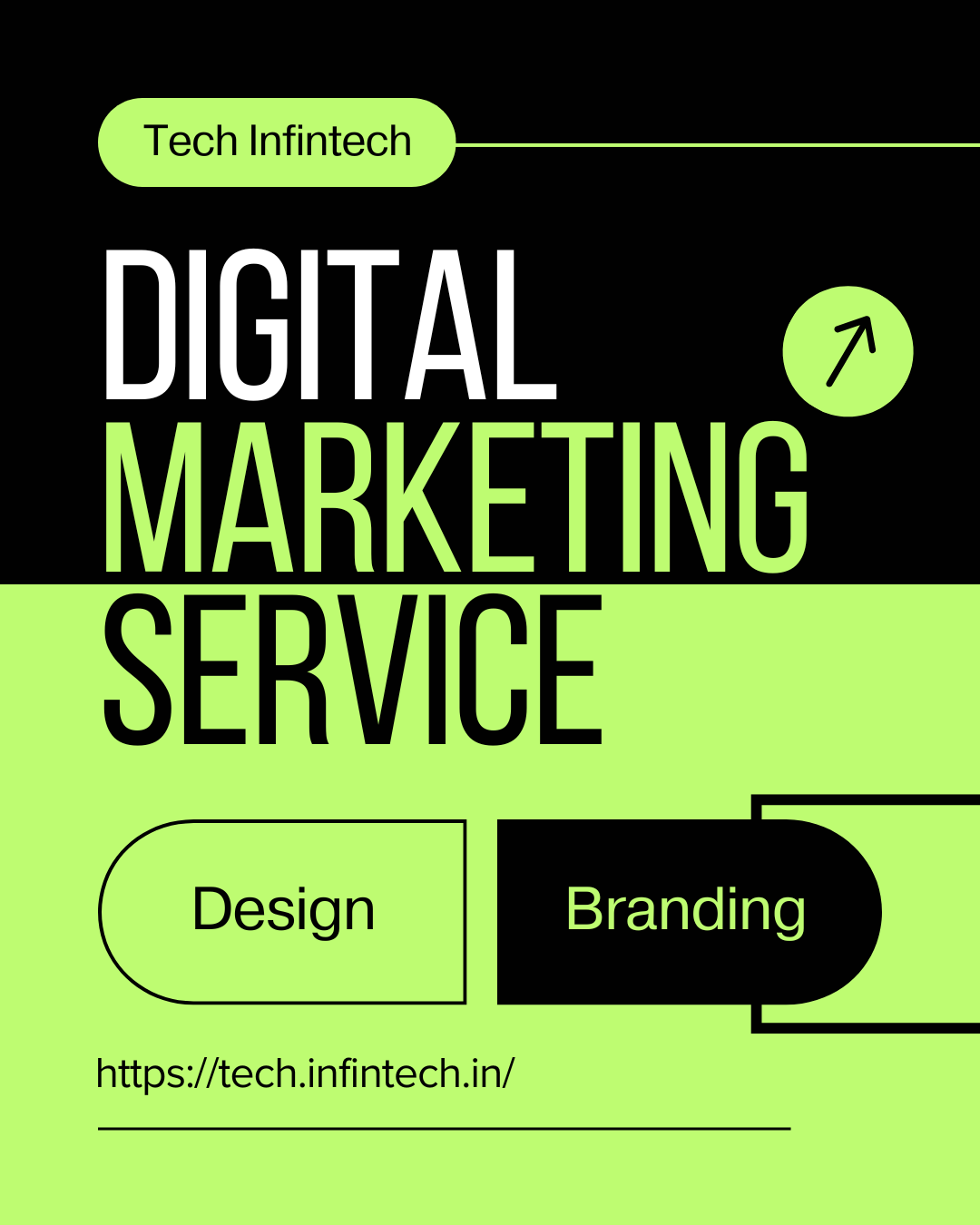The Latest Trends in Digital Marketing
Digital marketing is an ever-evolving field, with new trends and technologies shaping how businesses connect with their audiences. As 2025 approaches, companies need to stay ahead of the curve by leveraging the latest innovations.
This article explores the most recent digital marketing trends that are transforming the industry.
1. Artificial Intelligence (AI) in Marketing
AI is playing an increasingly vital role in digital marketing, helping businesses automate processes, analyze data, and improve customer experiences. AI-powered tools, such as chatbots and recommendation engines, enhance user engagement and provide personalized content. With advancements in machine learning, AI is now capable of predicting consumer behavior, optimizing advertising campaigns, and improving search engine rankings.
Key Applications:
- AI-driven chatbots for real-time customer support.
- Predictive analytics for targeted marketing campaigns.
- AI-generated content for social media and blogs.
2. Voice Search Optimization
With the growing popularity of smart assistants like Google Assistant, Siri, and Alexa, optimizing for voice search has become essential. Voice searches tend to be longer and more conversational than text-based queries, prompting marketers to adjust their SEO strategies.
How to Optimize:
- Focus on natural language and question-based keywords.
- Implement structured data to improve search engine comprehension.
- Optimize content for featured snippets, which often appear in voice search results.
3. Video Marketing and Live Streaming
Video content continues to dominate digital marketing, with platforms like YouTube, TikTok, and Instagram Reels leading the way. Live streaming has also become a powerful tool for brands to engage with their audiences in real time.
Video Marketing Trends:
- Short-form videos with high engagement rates.
- Interactive and shoppable videos.
- Behind-the-scenes and live Q&A sessions to build authenticity.
4. Influencer Marketing Evolution
Influencer marketing is shifting from macro-influencers to micro- and nano-influencers, who tend to have smaller but more engaged audiences. Brands are collaborating with these influencers to create authentic content that resonates with niche audiences.
Best Practices:
- Partnering with influencers who align with brand values.
- Measuring ROI through engagement metrics rather than follower count.
- Leveraging user-generated content to enhance credibility.
5. Social Commerce Growth
Social media platforms are evolving into shopping hubs, enabling users to purchase products without leaving the app. Features like Instagram Shops, Facebook Marketplace, and TikTok Shop are making social commerce a crucial aspect of digital marketing.
How Businesses Benefit:
- Seamless shopping experience integrated into social media.
- Increased conversion rates due to reduced friction in the buying process.
- Personalized product recommendations based on user behavior.
6. Personalized Marketing and Customer Experience
Consumers expect brands to provide personalized experiences, and companies are using data-driven insights to deliver tailored content, offers, and recommendations.
Strategies for Personalization:
- Using AI and machine learning to analyze user behavior.
- Implementing dynamic email marketing campaigns.
- Offering personalized product recommendations based on browsing history.
7. Privacy-First Marketing and Data Protection
With increasing concerns about data privacy and regulations like GDPR and CCPA, brands must prioritize transparency and ethical data practices. Third-party cookies are being phased out, leading marketers to explore alternative data collection methods.
Solutions:
- Implementing first-party data strategies.
- Gaining consumer trust through transparency and consent.
- Using contextual advertising instead of cookie-based tracking.
8. Augmented Reality (AR) and Virtual Reality (VR) Marketing
AR and VR are transforming customer experiences by providing immersive and interactive content. Brands in industries such as fashion, real estate, and gaming are leveraging these technologies to engage users.
Examples:
- Virtual try-ons for clothing, makeup, and accessories.
- AR-enhanced product demonstrations.
- Immersive brand storytelling through VR experiences.
9. Interactive and Engaging Content
Static content is no longer enough to capture user attention. Interactive content such as quizzes, polls, and interactive infographics enhances engagement and increases time spent on websites.
Types of Interactive Content:
- Calculators and assessments for personalized recommendations.
- Gamified experiences that encourage participation.
- 360-degree videos and virtual tours.
10. Search Engine Algorithm Updates and SEO Adaptation
Google and other search engines continue to update their algorithms to prioritize high-quality, relevant content. Marketers must adapt their SEO strategies to stay visible in search results.
Key SEO Trends:
- Emphasizing user experience (UX) and Core Web Vitals.
- Prioritizing high-quality, long-form content.
- Adopting semantic search optimization and natural language processing.
Conclusion
The digital marketing landscape is evolving rapidly, with emerging technologies and shifting consumer behaviors driving change. Businesses that embrace AI, voice search, video content, social commerce, and personalization will have a competitive edge. Staying ahead of these trends will ensure that brands remain relevant and effectively engage their audiences in the ever-changing digital space.
